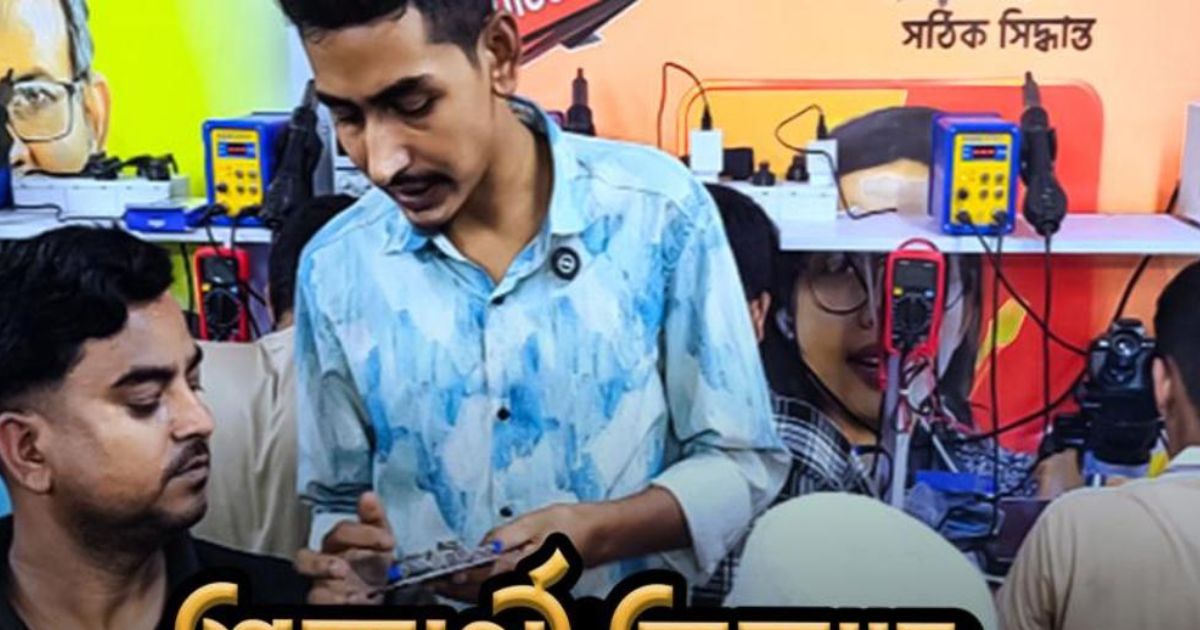Kazan Federal University MBBS Program Length – What to Expect in 6 Years
Pursuing an MBBS from Kazan Federal University will involve 5 years of academics involving basic concepts, pre-clinical learning, clinical experience, and 1-year internship. There is more to it but to learn that, you will need to keep reading further to learn more about the curriculum followed by this academic program to reward all the medical aspirants from India with an MBBS degree at the end. We will take a look at what entails to pursue an MBBS degree with other basic information like Kazan Federal University World Ranking.
Overview of the Kazan Federal University and its MBBS Program for Indian Students
Kazan Federal University is the second oldest university in Russia providing medical education to students from all countries and walks of life. Indian students often ask, “Is Kazan Federal University MCI approved?” Yes, Kazan Federal is approved by the MCI (now known as NMC).
| Duration of the Course | 5+1 Years (including 1-year internship) |
| Annual Tuition Fee | $7,575 |
| Medium of Instruction | English |
| Number of Indian Students Enrolled | 500+ |
| Course Intake | September |
| Recognition | NMC, WHO, UNESCO, FAIMER |
| Ranking | 8th in Russia; 450th in World |
| Founding Year | 1804 |
Breakdown of the 6-Year MBBS Program at Kazan Federal University
We will take a look at the each year of the program and how it is structured for the students.
Year 1: Basic Concepts in Medical Science
Program’s first year is an introductory phase where students learn basic fundamental concepts of medical science. Students also learn the Russian language during the first year that helps students to develop interaction with patients in their clinical practice. First year’s course focuses on providing strong academic understanding and introducing students with Russian curriculum and learning, and have the following topics that students are taught:
- Anatomy
- Histology
- Medical Biology
- Chemistry
Year 2: Pre-Clinical Learning
The second year of the program is about learning human biology and a little bit of transition from theory to practice. Practice lab sessions are also a part of this year for students to learn how to apply the theories to practical applications. The students learn about more complex concepts such as:
- Physiology
- Biochemistry
- Microbiology
- Pathology
Year 3: Transition to Clinical Trials
The following year, students visit hospitals and interact with patients to learn about the process of clinical practice for their actual clinical practice in the hospital. The third year is an important part of the program as it allows students to transition from theory to reality and have real clinical exposure. The main subjects include as follows:
- Pathophysiology
- Pharmacology
- General Surgery
- Internal Medicine
Year 4: Assisted Clinical Trials
The fourth year of the program is where real world trials begin with the patients in the hospital. This year focuses on making sure that students learn how to treat and manage patients under the supervision of the experienced doctors who intervene whenever they need to. Students work more closely with patients in various areas of medical practice, including the following disciplines as part of their rotations:
- Obstetrics and Gynaecology
- Pediatrics
- Psychiatry
- ENT
- Dermatology
Year 5: Advanced Clinical Practice
The fifth year is inclusive of more advanced clinical practices and more practical training to improve patient care and outcomes. Students also prepare for their future career path by learning how to clear licensing exams like FMGE/NExT or MECEE, depending upon their goals. The advanced training focus on the following areas of study:
- Emergency Medicine
- Oncology
- Neurology
- Clinical Pharmacology
Year 6: Clinical Rotations/Internship
The sixth and final year of the MBBS program is solely focused around practical application of what students learned from their trials and tests so far. Students work in rotations through the several departments of the hospital, remembering their knowledge and experiences to apply them in real clinical settings. This final phase builds confidence in students and improves their understanding about what they need to do in their work environment.
Admission Process for Indian Students at Kazan Federal
To complete the process of Kazan Federal University admission, follow these steps:
- Register for the admission and submit the required documents
- Fill in the application form with the required documents
- Notarize, translate, and get an apostille after admission confirmation
- Pay an initial Kazan Federal University MBBS fees if required
- Ask the university to provide you with an invitation letter
- Apply for the visa application by submitting required documents and paying a fee
- Make travel arrangements after getting the visa, and reach directly to the university
Conclusion
Kazan Federal provides a well-structured MBBS program to all the students from all countries. The university makes sure that students will learn theoretical and practical aspects of their medical field by offering theoretical knowledge in the initial phase, followed by clinical exposure, and real-world experience at the end. For Indian students, it is a good opportunity since Kazan Federal University acceptance rate stands at 30-50% with good ties between Russia and India, ensuring that all Indian students will have a comfortable time studying.
For more information, get in touch with a professional in our team. If you have any questions regarding the admission process, please feel free to reach out at Education Vibes.


